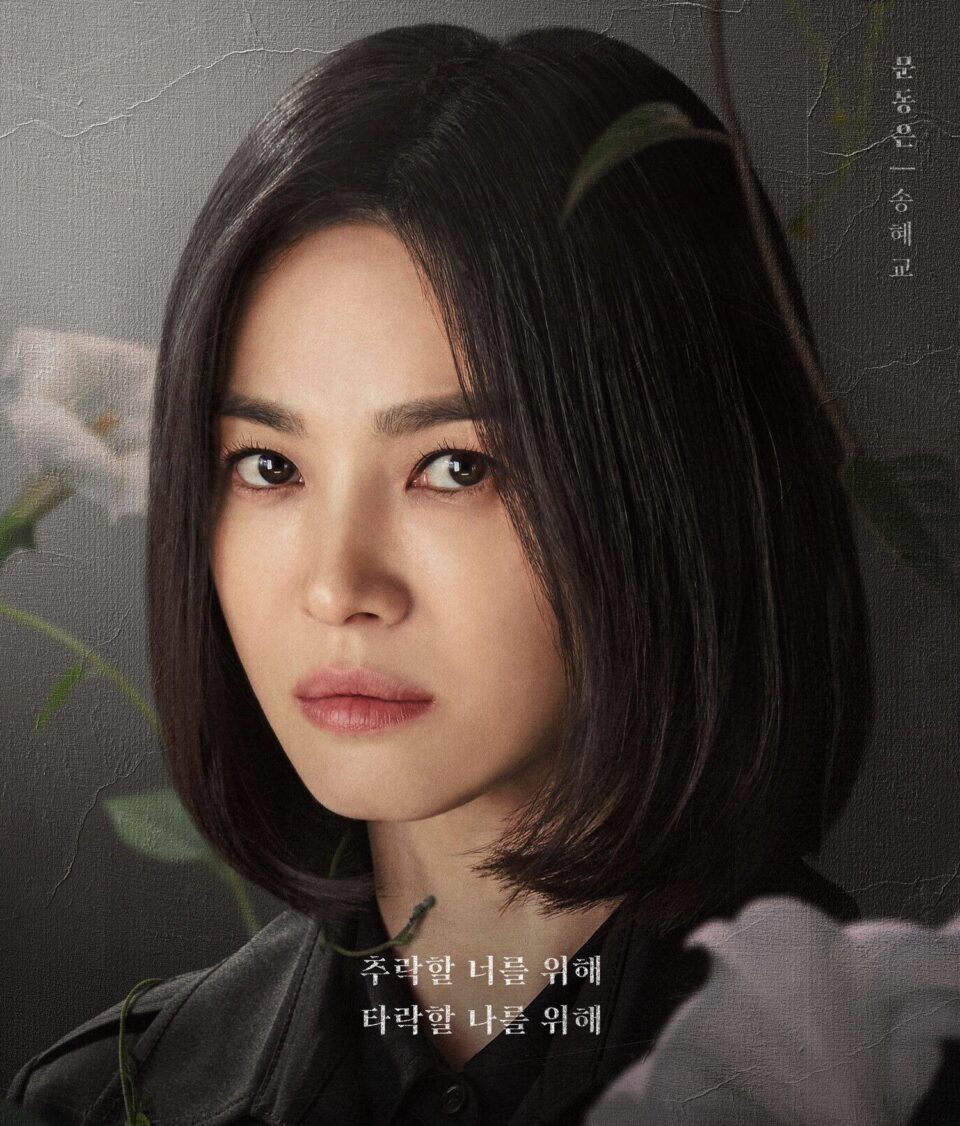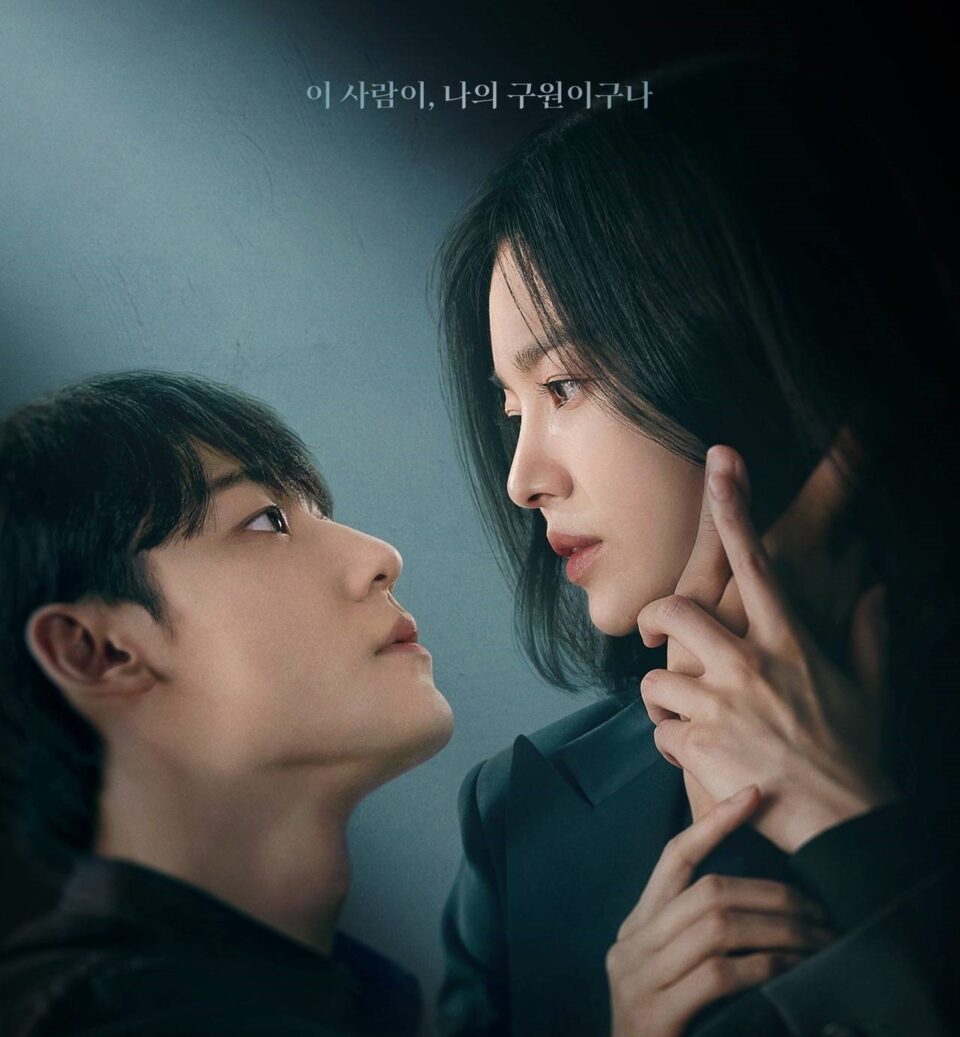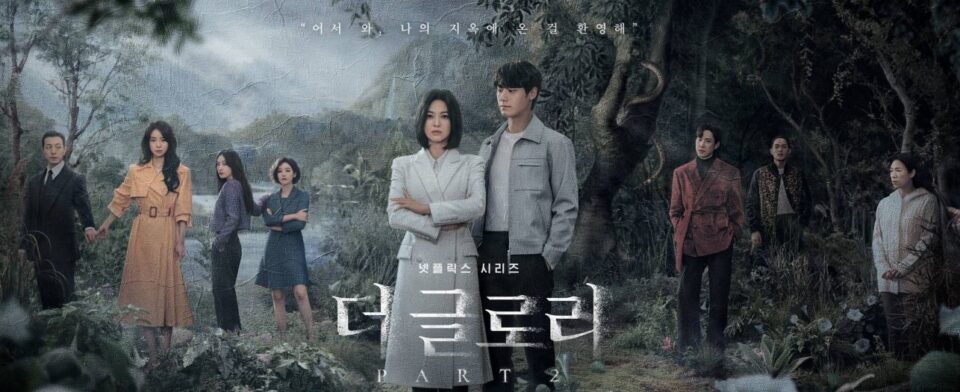The Underlying Implications in ‘The Glory’ Part 2
The new episodes of the drama highlight how often a woman’s vengeance is more nefarious than one might think
If taken at face value, The Glory Part 2 [in accordance with its first installment] is fantastic because it provides a satisfying conclusion to the gripping potboiler that ended its first part by leaving the audience with a myriad of unanswered concerns. The drama’s subsequent episodes, which I just completed watching, were rewarding since they resulted in Moon Dong-eun’s (Song Hye-kyo‘s) much-anticipated redemption. No spoilers, but if you haven’t seen the show yet and are wondering what The Glory is about, read on.
The revenge-thriller drama concentrates on Moon, a homeroom teacher at an elementary school who was constantly bullied and physically abused by Park Yeon-jin (Im Ji-yeon) and her clique in high school. Consequently, she drops out, only to resurface years later with a meticulously laid-out scheme of retaliation against the abusers and the bystanders. While the first part of the story closes with Moon pressing matters to the point of justice, the second part discloses how she goes about doing so.
This post, meanwhile, addresses some of the underlying implications that clearly spring up through the rendition of events in The Glory Part 2.
A Female’s Fury Can Be Fatal
The ensuing incidents highlight how often a woman’s vengeance is more nefarious than one might think. According to a Seattlepi op-ed piece, retaliation is all about feeling wronged while being powerless to defend yourself. Even if you are suffering from emotional pain, you may feel compelled to act in order to regain control. Much like in Moon’s case, she was horribly mistreated when she was only 18 years old, and she returns 18 years later to exact revenge on the perpetrators. She has planned every detail of her vendetta in order to carry it out as effectively as possible to wreck the offenders’ lives.

Love Can Compensate
Love can compensate for losses. Joo Yeo-jeong (Lee Do-hyun), a plastic surgeon, lends Moon a hand in that respect. In contrast to the rest of her gloomy existence, he imparts a certain color. Once the trauma you have undergone is comprehended and comprehensively treated, the suffering dissipates. Joo heals her in the same fashion while also being restored himself. The two support one another in moving past their traumatic personal histories. Yes, Joo too has a weak spot in his defenses, and both characters’ devastating vulnerabilities begin to strengthen as they grow closer to each other. He saves her, and she saves him. The story eloquently captures the individuals’ journey from despair to recuperation through love and care.

Burned yet Beautiful
Moon’s display of her scars, first in front of Joo and later in front of the public, demonstrates at an external level that she has conquered embarrassment, but it also indicates that, despite having been torched, she remains stunning in her own distinctive right. It shows that she is a warrior who has survived her challenges and evolved into a person whose beauty is inclusive of all her visible injuries, burns and bruises, emotional states, and shattered heart. The drama series seems to have a strong grasp on the notion that beauty cannot be evaluated or quantified, typified by a woman whose brilliance lies in her resilience, her intelligence, and her capacity to give it back. And as a result, she rises, looking stunningly beautiful.
My level of interest in this season is primarily driven by that. How true to form Song seems to be in her Moon Dong-eun spirit. It may initially seem paradoxical to see one of the most staggeringly gorgeous Korean actresses portray a severely scarred (in the truest sense of the word) de-glam character, but Song Hye-kyo impresses notwithstanding the scarification and makes Moon look breathtakingly alluring in how she is potent and accomplishes her mission by eventually surrounding more territory than her opponents, as demonstrated by the game of Go she plays in the drama.









